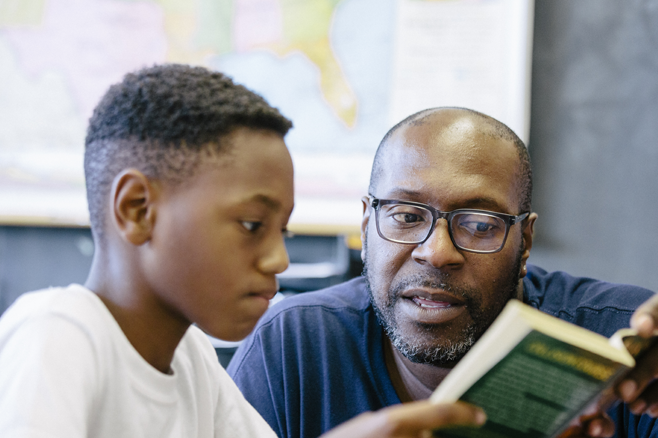In the bustling corridors of our schools, amidst the laughter and the learning, there exists a silent yet powerful force: resilience. The inner strength that propels our students forward, even in the face of adversity. As educators, we have the privilege and the responsibility to nurture this resilience, to foster environments where every child can thrive. Today, let’s explore how we can put this into action within our learning environments.
Step 1: Embrace Social-Emotional Learning (SEL) Skills
- Integrate SEL into your curriculum: Infuse lessons with opportunities for students to explore and develop their emotional intelligence, self-awareness, and relationship-building skills.
- Model SEL in action: Be intentional about demonstrating empathy, active listening, and conflict resolution in your interactions with students and colleagues.
- Provide SEL resources: Equip students with tools and resources—such as mindfulness exercises, emotion regulation strategies, and problem-solving techniques—to navigate challenges and build resilience.
Step 2: Foster a Sense of Belonging and Inclusion
- Create a welcoming environment: Set the tone for inclusivity by decorating your classroom with diverse representations and affirming messages that celebrate the uniqueness of each student. Remember to greet each student by name upon their arrival to set an immediate warm tone each day!
- Promote student voice and agency: Empower students to contribute their ideas, opinions, and perspectives to classroom discussions and decision-making processes.
- Establish supportive relationships: Cultivate trusting relationships with your students by showing genuine interest in their well-being, offering encouragement and praise, and providing opportunities for one-on-one check-ins.
Step 3: Provide Access to Mental Health Support Resources
- Offer counseling services: Partner with school counselors or mental health professionals to provide confidential support and resources for students experiencing emotional distress or mental health challenges as needed.
- Implement mindfulness practices: Integrate mindfulness activities, such as deep breathing exercises, guided movement, or calming music into your daily routine to help students manage stress and enhance their well-being.
- Collaborate with community organizations: Forge partnerships with local mental health agencies, nonprofit organizations, or youth centers to expand access to mental health services and support networks for students and families while reducing the stigma of accessing these types of supports.
Step 4: Reflect, Adapt, and Grow
- Regularly assess student needs: Use informal check-ins, surveys, or classroom circle discussions to gather student feedback about their social-emotional well-being and identify areas for growth.
- Reflect on your practices: Take time to reflect on your teaching strategies, classroom management techniques, and interactions with students to identify opportunities for improvement and refine your approach.
- Stay informed and connected: Stay up to date on the latest research, best practices, and professional development opportunities related to trauma-informed care, restorative practices, and student well-being. Remember to be curious and apply a strengths-based mindset throughout your daily routines to help put your learning into practice.
By following these steps, we can create learning environments that foster academic achievement and nurture every student’s resilience and well-being. Let’s embark on this journey of cultivating resilience, one lesson, one interaction, and one heart at a time.


